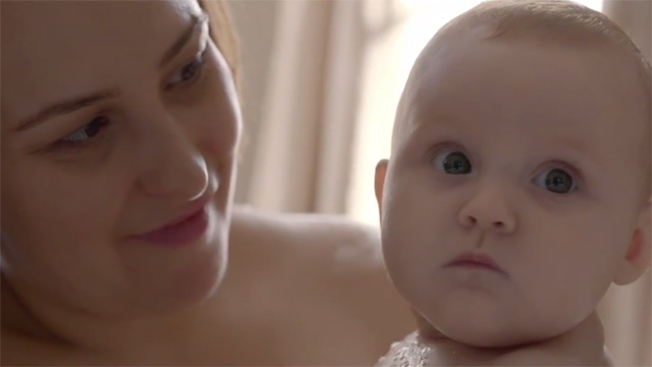Tiny Rebellion Unveils New Branding for Hotwire
Posted in: UncategorizedSanta Monica-based agency Tiny Rebellion has crafted a new, nationwide branding campaign for Hotwire, “centered on the happiness all types of travelers experience when scoring a fantastic deal.”
The larger branding campaign, with a budget of over $40 million for the year, includes a new logo and ““Hotels. Deals. Happiness.” tagline, as well as two distinct television campaigns: “How it Feels to Hotwire,” and “Hotwire 180.” Hotwire is also rolling out a new website, and mobile apps. Spots for “How it feels to Hotwire” begin airing today across over 30 cable networks. Both campaigns were inspired by real Hotwire travelers’ feedback and “illustrate how any traveler, seasoned Hotwire customers and new users alike, can reap the joyous benefits of discounted travel through the site.”
The second campaign, “Hotwire 180” features Academy Award-winning director Errol Morris interviewing real travelers who are hesitant to use blind booking sites as he converts them to Hotwire enthusiasts once they learn they can save up to 60 percent on a four star hotel in a series of 30 and 15-second spots. Check out “How it feels to Hotwire” above and stick around for “Hotwire 180” spots and agency credits after the jump. continued…
New Career Opportunities Daily: The best jobs in media.








